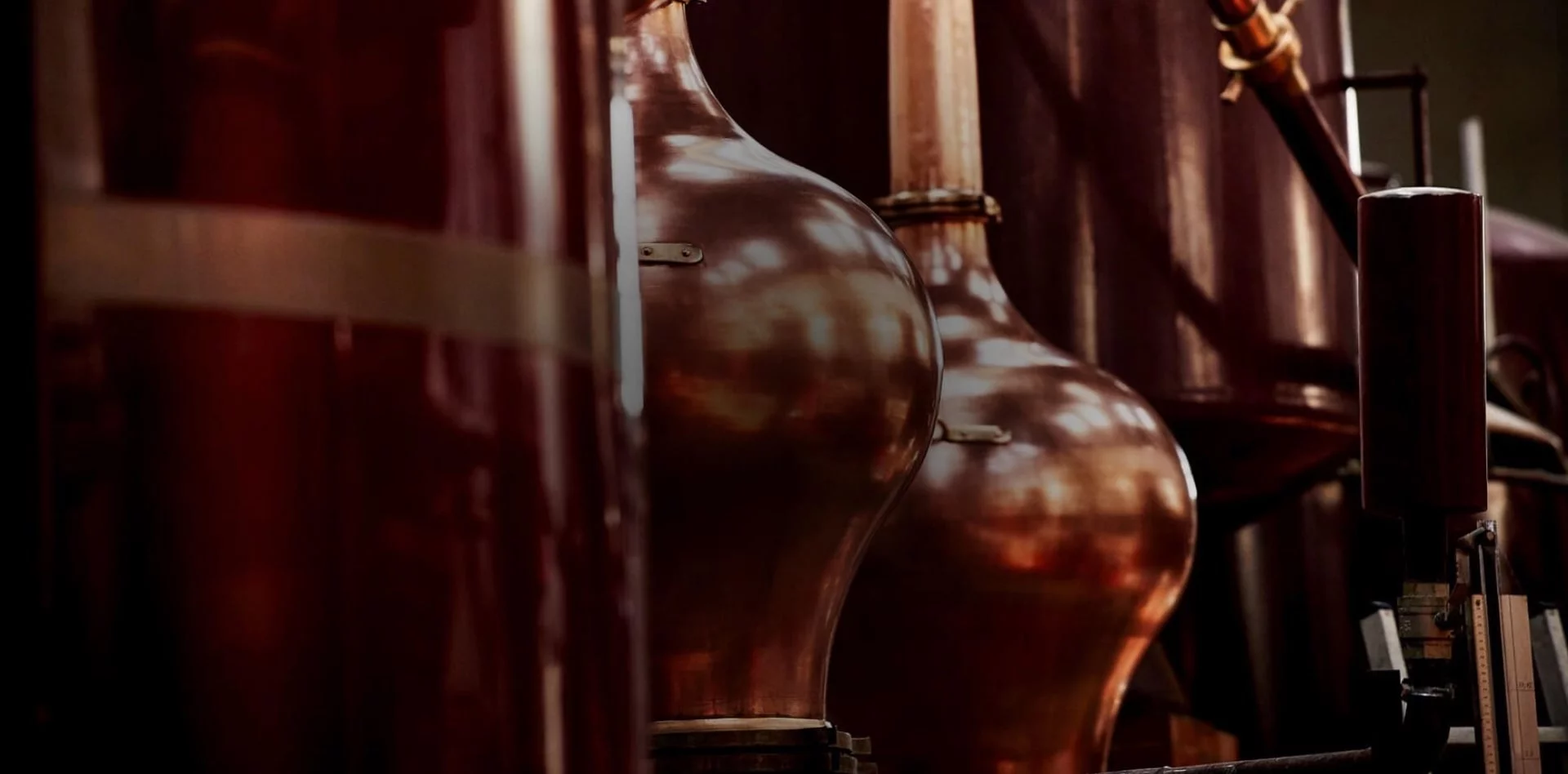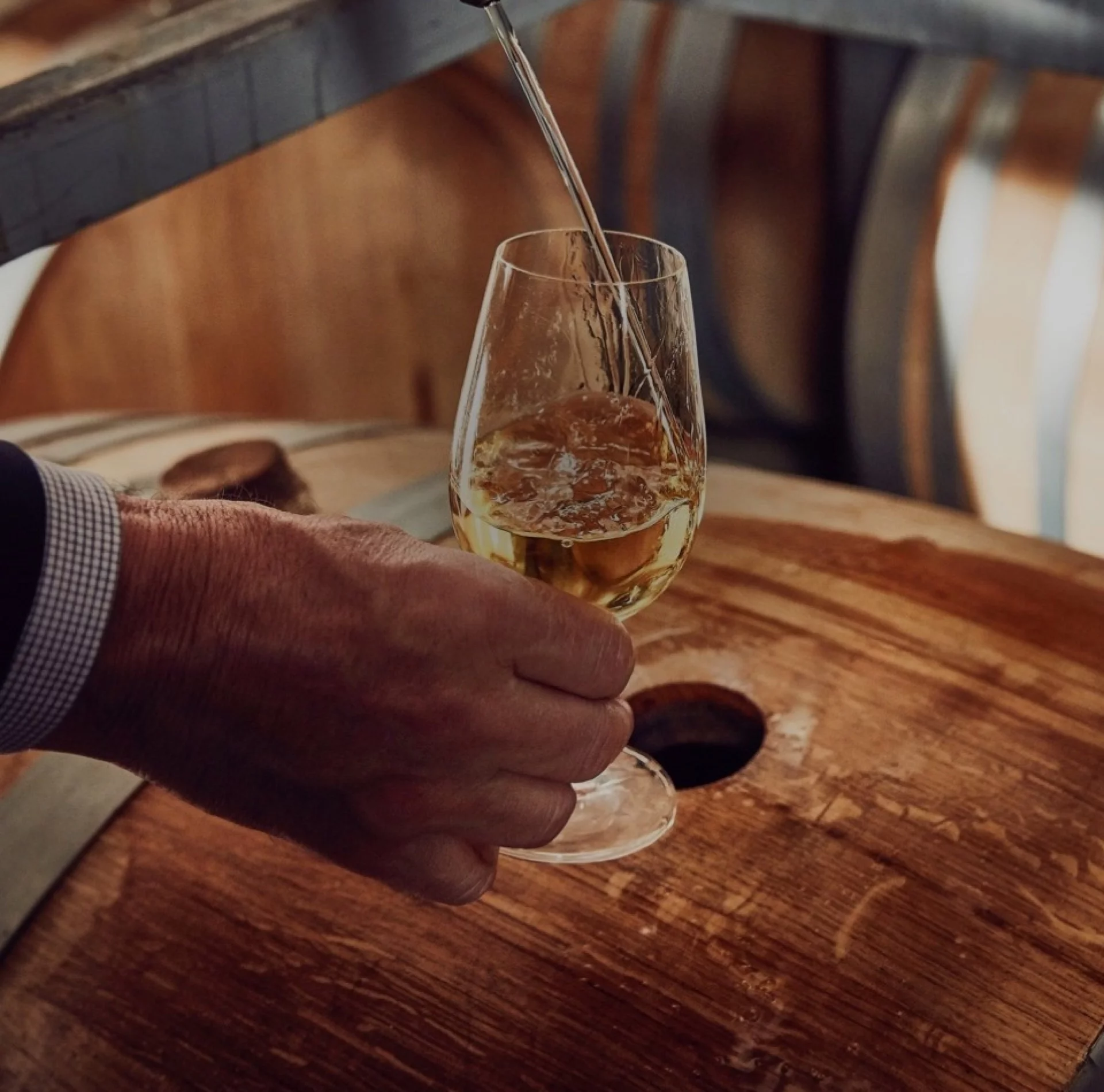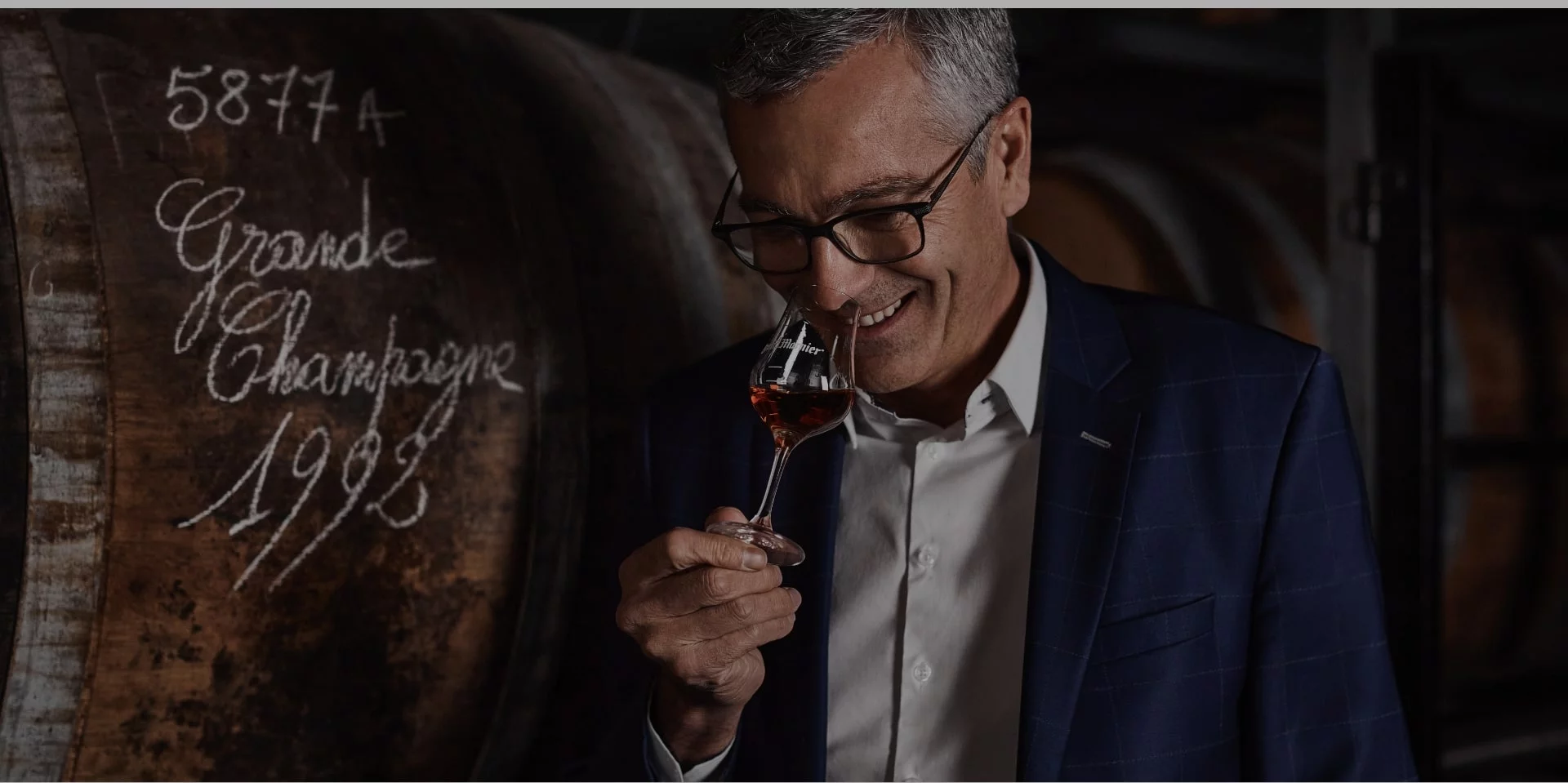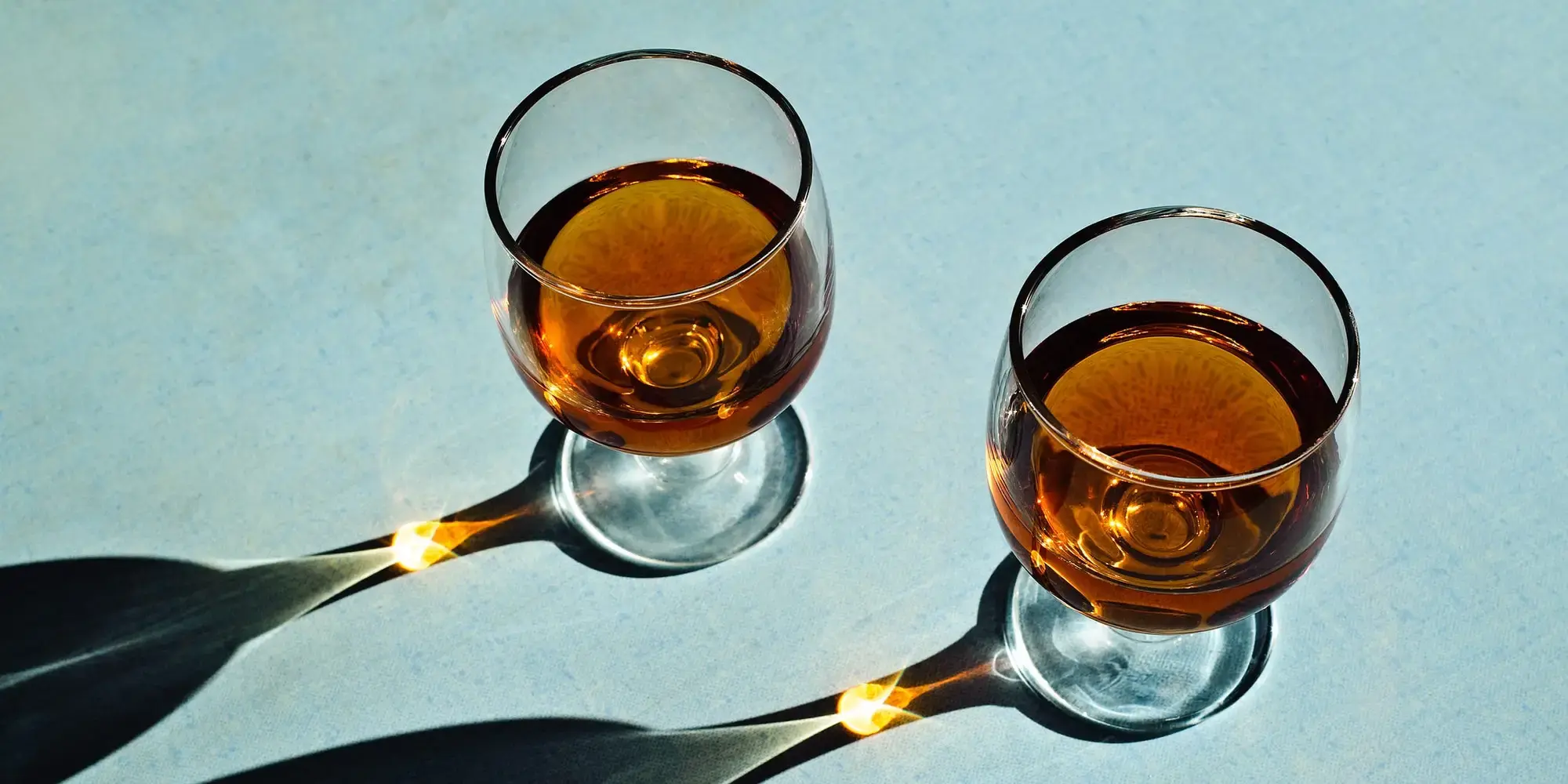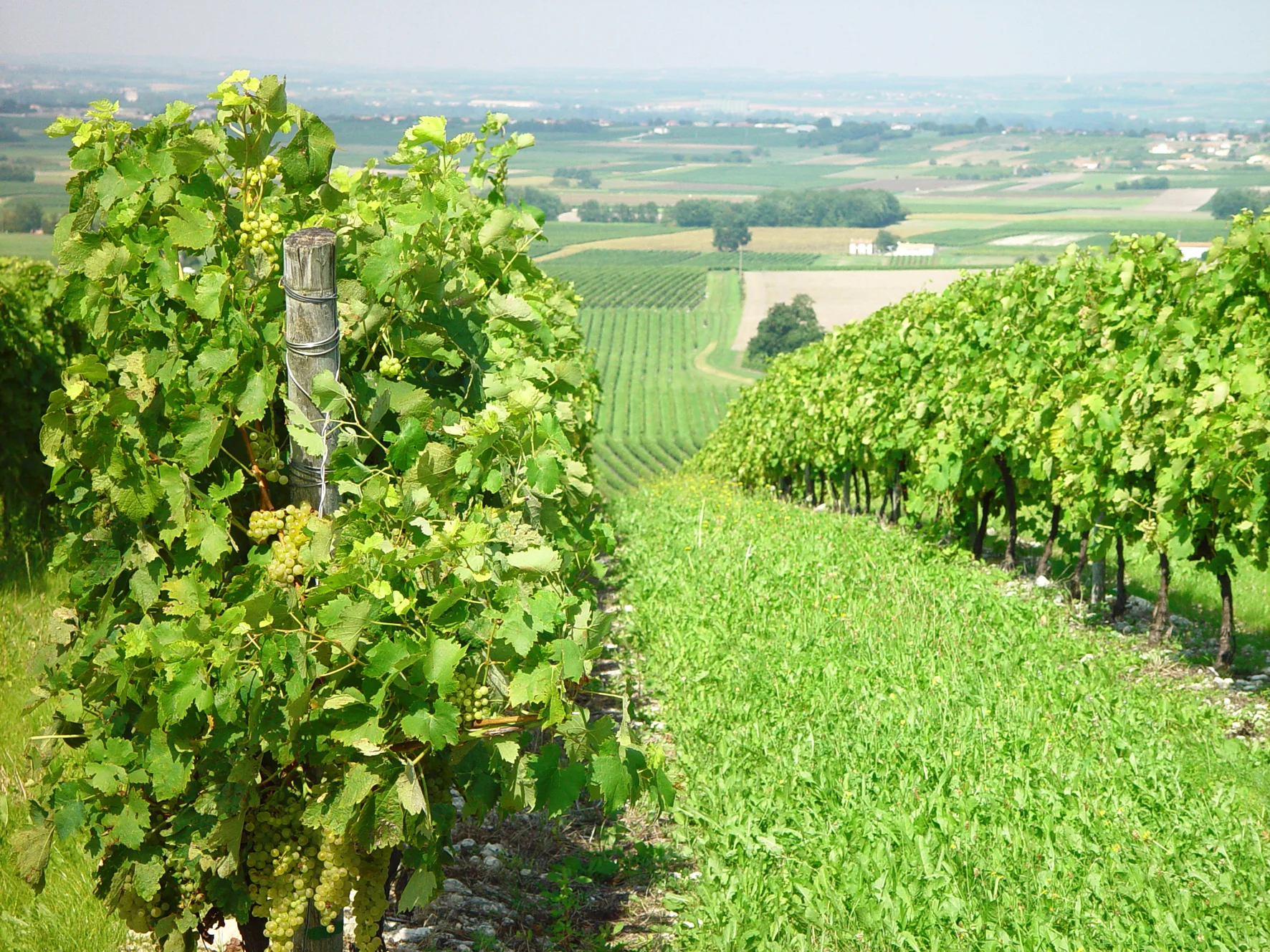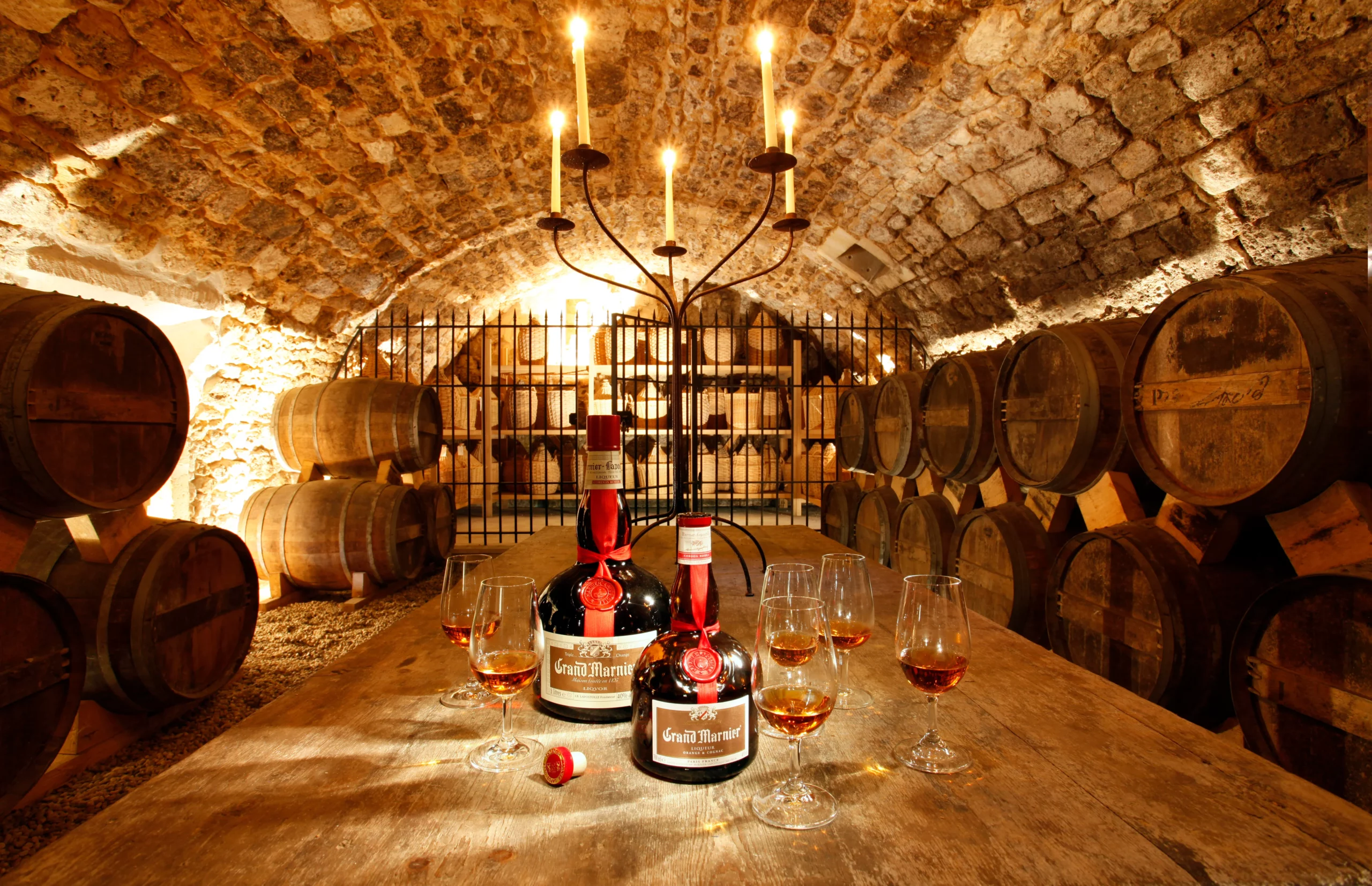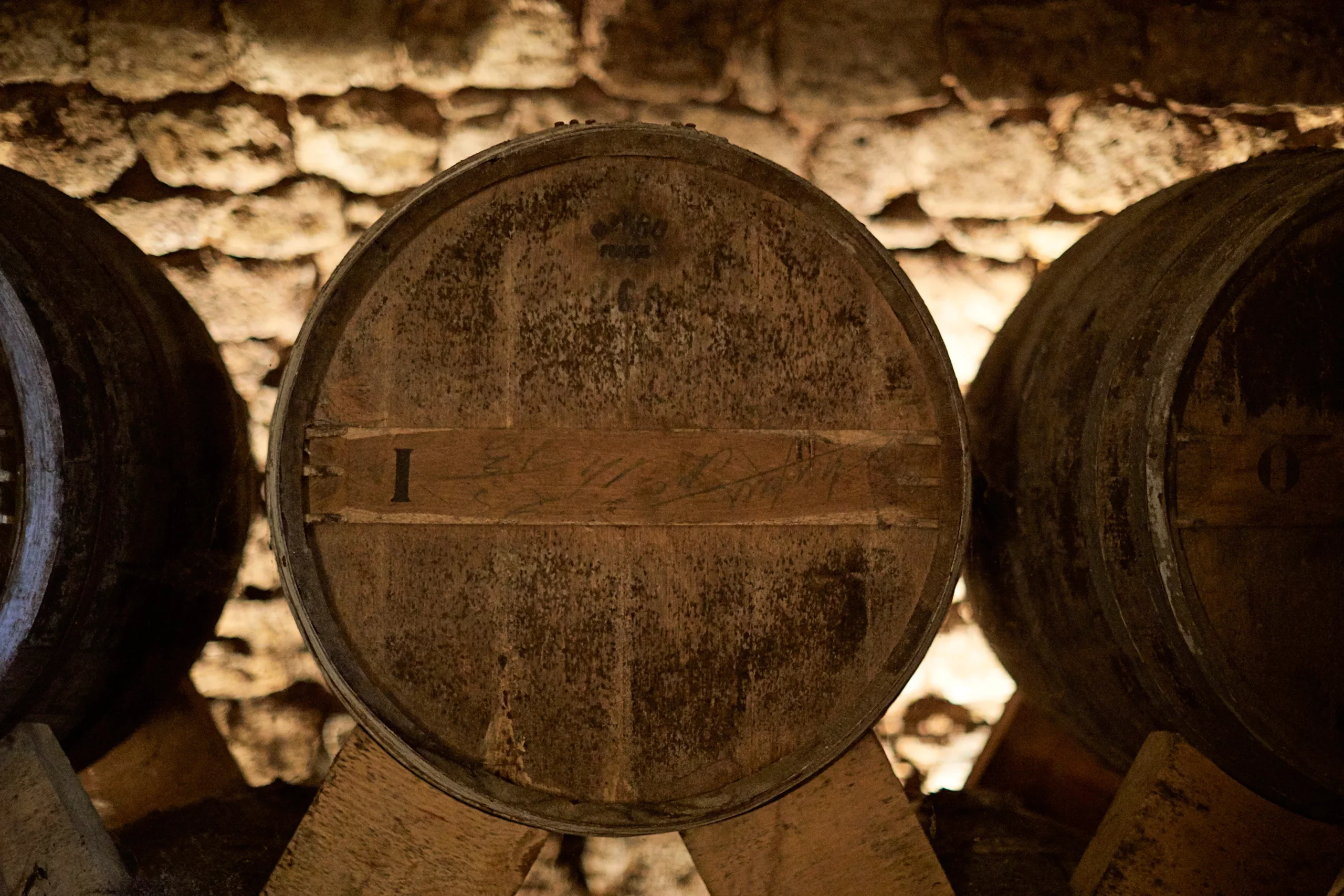
Franck Metois/Getty Images
Brandy vs Cognac: What's the Difference?
Brandy and cognac, both renowned spirits, are often intertwined in conversation due to their shared characteristics, though they possess unique qualities that distinguish them from each other. This piece serves as a guide, clarifying the differences between brandy and cognac, and shedding light on their unique traits.
Brandy and cognac, both renowned spirits, are often intertwined in conversation due to their shared characteristics, though they possess unique qualities that distinguish them from each other. This piece serves as a guide, clarifying the differences between brandy and cognac, and shedding light on their unique traits.
What is Brandy?
Brandy (or Weinbrand), a well-known distilled liquor derived from grapes. The brandy-making procedure commences with fermenting the juice until it evolves into wine, which is then distilled to elevate the alcohol level. Brandy can originate from a singular grape variety or a combination of various varietals, contingent on the specific geographical region and the producer’s preference. The final product is aged in oak barrels, imbuing it with its signature flavor and color.
Brandy can be savored in its pure form or utilized as a cocktail ingredient. Germany, Italy and Spain are the countries where the most prominent brandies are produced. Between the most famous products we have Brandy de Jerez that is produced in a specific region in the South of Spain. Grapes are fermented and distilled in three different ways and the three types of distillates (holandas, aguardientes and destillados) are then mixed and aged using the solera method.
What is Cognac?
Cognac, a wine spirit manufactured exclusively in France’s Cognac region. The process of producing Cognac is quite particular. It starts with specific grape varieties, Ugni Blanc, Folle Blanche, Montils, Semillon, Folignan and Colombard to be exact. After these grapes are harvested, they’re carefully pressed and fermented to make wine. But that’s just the beginning! This wine is then double-distilled in copper pot stills. This not only refines the liquid, but it’s a crucial step in crafting the final product. After distillation, this liquid is patiently aged in oak barrels for at least two years. This aging process is what gives Cognac its distinctive, unforgettable flavor and aroma.
Cognac, like brandy, can be enjoyed neat or as a cocktail ingredient. It’s classified based on its aging duration, with VS (Very Special) being the youngest and least matured, and XXO (Extra Extra Old) being the most matured. The Cognac region of France encompasses six distinct crus or growing regions, each known for producing a specific cognac style.
Differences between Cognac and Brandy
The primary differences between Cognac and brandies are the place of production, the grape varietals employed Cognac is a wine spirit produced in the France’s Cognac region using specific local grapes. Another important difference is the distillation process: brandies can be distilled using both pots and columns apparatus, Cognac is distilled using a peculiar double distillation process: (“Charentais” pot still that produces first and second chauffe).
The aging method is another differentiating factor between cognac and brandy. Cognac necessitates a minimum of two years of aging in oak barrels, whereas the minimum aging duration for brandies one year.
Is Grand Marnier Cognac or Brandy?
Grand Marnier, a premium liqueur, is a common ingredient in cocktails. It’s crafted from a blend of cognac, and bitter orange liqueur. Thanks to its unique blend with Bigaradia bitter oranges, Grand Marnier introduces a distinctive twist to the sophisticated profile of Cognac.
To encapsulate, brandy and cognac, while bearing several resemblances, maintain distinct characteristics that set them apart. Brandy is a distilled spirit, birthed from fermented grape juice, whereas cognac represents a distinct category of wine spirit, whose production is confined exclusively to the Cognac region in France. The salient differences between these two spirits can be traced to their geographical origin, the specific grape varieties used in their creation, the distillation methods and the minimum ageing period required. Regardless of one’s individual taste, both brandy and cognac provide a rich and complex tapestry of flavors that can be appreciated in their pure form or elegantly integrated into cocktails.
 Belgium
Belgium 


